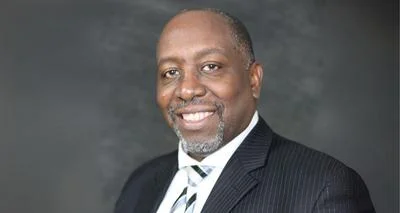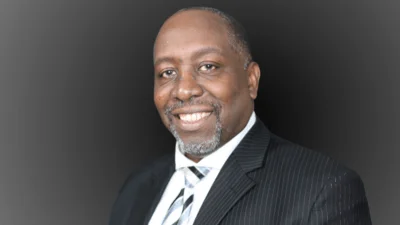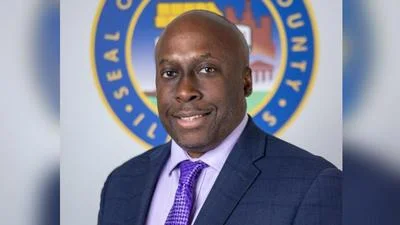The budget battle in the Illinois Statehouse has allowed workers' compensation fraud to continue largely unchecked, the law firm Keefe, Campbell, Biery & Associates (KCBA) contends.
The Chicago-based law firm argues that Illinois has failed to provide the manpower and resources to effectively combat fraud, as the Illinois Workers' Compensation Fraud Unit (WCFU) was reduced to two investigators in 2015 – an inadequate number to investigate the increasing number of complaints. While cases more than tripled that year, from 100 to 331, the unit accomplished only three convictions in 2015 and again in 2016.
KCBA points out that neighboring Ohio prosecuted approximately 132 cases, an average of 11 convictions per month. The American Insurance Association (AIA) agreed with KCBA's argument.
“We think Illinois should do it tougher and bigger and bolder in pursuing workers’ compensation fraud,” Stephen Schneider, AIA's Midwest region vice president, told KCBA, the firm said. “There’s certainly a lot more that can be done. When you look at states like Florida and Ohio, obviously they’re doing something right.”
In its annual report for 2016, the WCFU said it can't keep up with limited resources.
"The WCFU is already in the process of hiring additional investigators; however, this decrease in staff, coupled with the length of time it takes to bring new investigators on board, has already negatively affected the number of investigations opened,” the report said. “An increase in the WCFU’s appropriation would allow for the hiring of more investigators, allow for more investigations to be completed and lessen the impact the departure of a single investigator has on the unit."
Illinois did not criminalize workers' comp fraud until 2005, and the Illinois Department of Insurance created the WCFU via Public Act 94-277. The act included both criminal and civil penalties and liabilities for eight specific offenses, including making false claims and submitting fraudulent materials or representations. Employers were also forbidden from preparing invalid or counterfeit certificates of insurance and fabricating statements to prevent injured workers from putting in claims for workers' comp benefits.
The General Assembly added a ninth prohibition with the passage of HB 1698 in 2011, which became Public Act 97-18. It made it illegal to "intentionally present a bill or statement for the payment for medical services that were not provided.” Among its provisions were new criminal penalties, giving the WCFU the power to subpoena and removing the time limit for an investigation. Previously, investigators had to complete an investigation within 120 days.
Gov. Bruce Rauner has pushed for reforms that would bring down workers' comp costs for employers and, in his words, save taxpayers more than $300 million per year. He used Massachusetts as an example of reasonable workers' comp costs.
While the KCBA supported Rauner's efforts, it pointed out that Massachusetts' fraud unit is part of the state's Executive Office for Administration and Finance. The KCBA editors said if Illinois consolidated its 88 state agencies to approximately 30 – in line with Massachusetts and other states – it could eliminate redundant jobs and save money.
KCBA has offered to meet with Rauner to discuss workers' comp issues. The firm suggested that Rauner could call in the workers' comp commissioner and arbitrators and tell them to cut costs, and he could remove the current group and replace the members with new hearing officers if they balked at implementing cost-cutting measures.
The firm also said that while some changes must be made at the legislative level in order to reform the workers' compensation system to conform to other states' programs and benefits, the governor can make some internal changes as he works to make Illinois a more business-friendly state.






 Alerts Sign-up
Alerts Sign-up